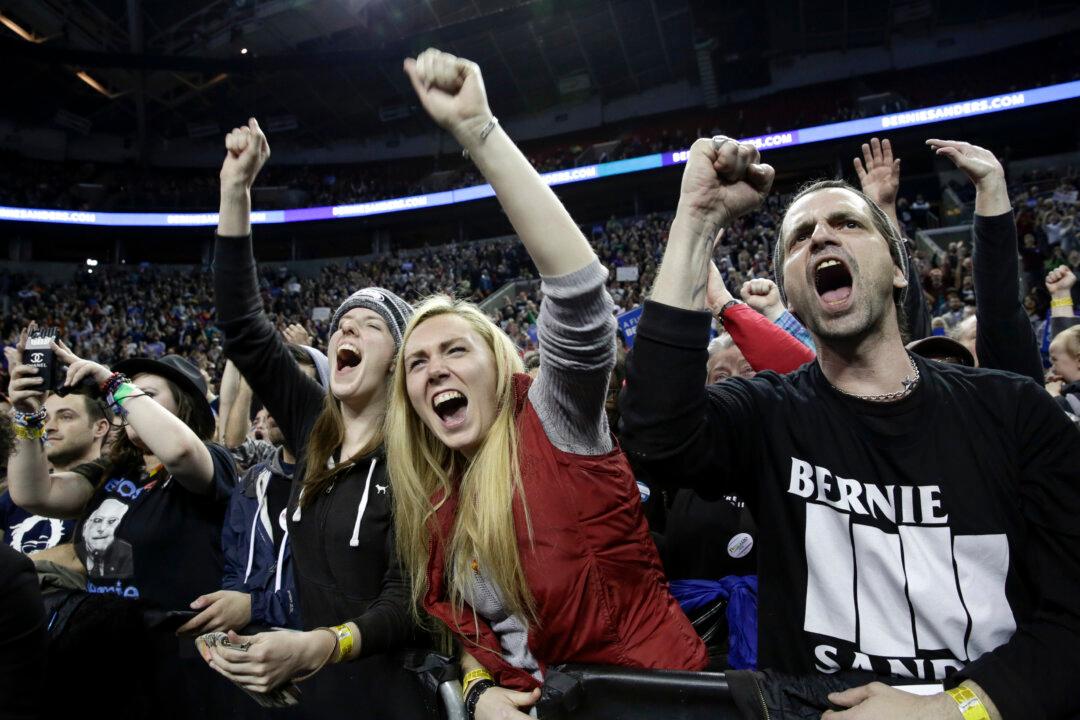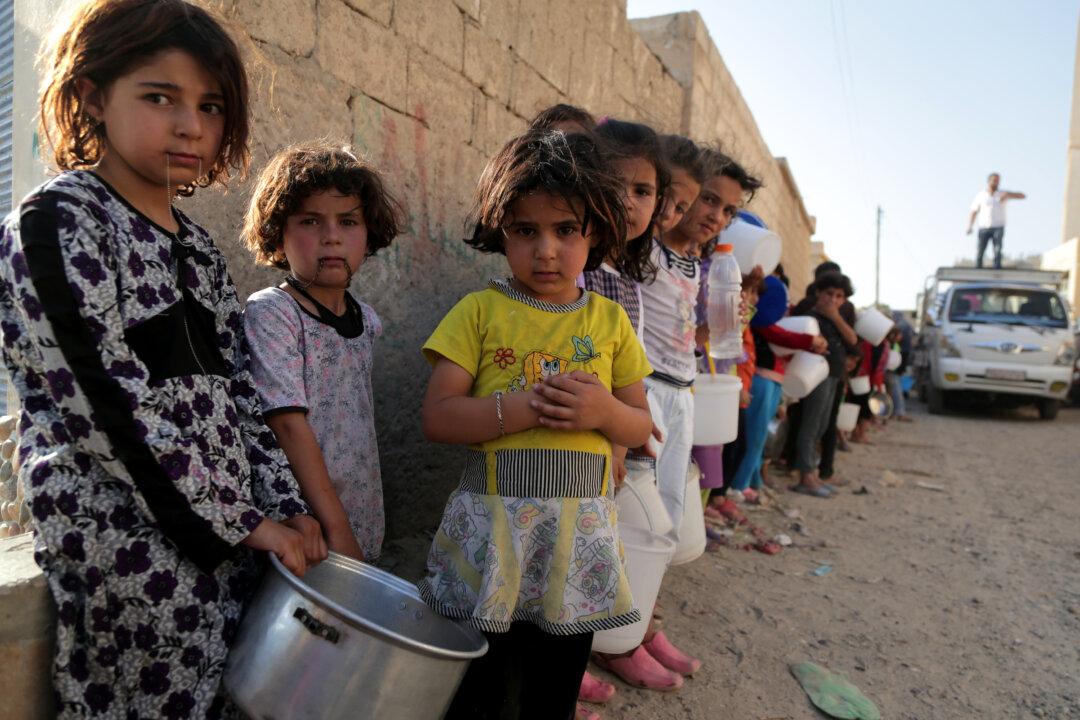EAST LANSING—U.S. colleges and universities attract more international students than any other country in the world. The students cannot vote in the country’s elections, but are otherwise encouraged to take an active role in campus affairs. A competitive primary election season coinciding with spring semester has blurred the lines between political and campus activities.
The election will determine the roles for foreign nationals in the U.S. economy and whether their contributions are welcomed. International students and children of undocumented immigrants join their peers in attending campaign rallies and protests, writing opinion essays and volunteering for campaigns by making telephone calls, giving voters rides to the polls and providing IT support. Saint Anselm College, George Washington University, Drake University and others offer courses related to the presidential race. Harvard’s Government 1359, “The Road to the White House,” taught by Carlos E. Díaz Rosillo, had record enrollment with more than 500 students.
Interest is running high as analysts anticipate the next president continuing to use executive orders for setting immigration policy, bypassing legislative deadlock from a divided Congress. For example, as of May 10, the U.S. Department of Homeland Security finalized a rule allowing international students with degrees in select science, technology, engineering, and mathematics fields to stay in the country for up to three years after graduation to seek jobs in related fields. Such rules could be overturned by the next president.

